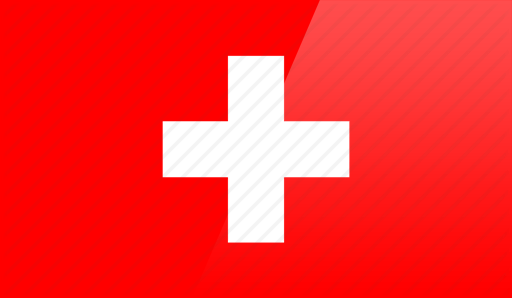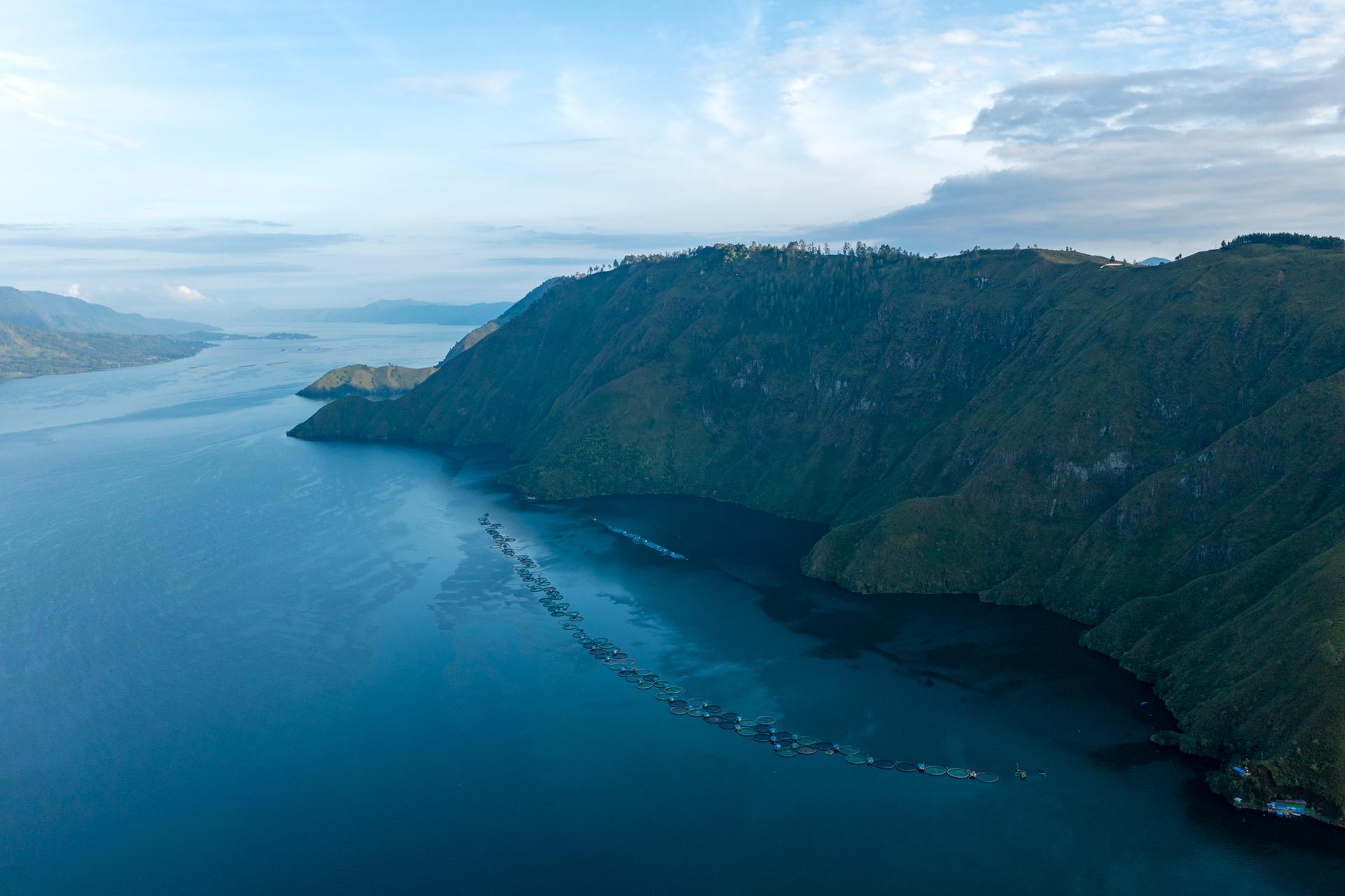The GSSI Seafood MAP: supporting sustainable seafood
This year marks the 10th anniversary of the Global Sustainable Seafood Initiative (GSSI) — a partnership Regal Springs is proud to be a founding member of.
The GSSI is a public-private network of NGOs, governments, and organizations working closely with the UN’s Food and Agriculture Organization (FAO) towards the same goal: to preserve oceans for future generations and champion sustainable seafood for everyone.
Laurent Develle, our head of corporate affairs, sits on the GSSI steering board, joining representatives from across the seafood value chain to promote sector-wide collaboration.
Collaboration is what the aquaculture industry needs for seafood to be a lasting driver for good. With this in mind, the GSSI has spent the last couple of years developing an exciting new project to connect all seafood actors through a global knowledge-sharing platform.
Its name? The GSSI Seafood MAP…
Striving for sustainability in seafood
No matter their size, every seafood operator plays a vital role in building a more sustainable seafood sector and reaching the UN’s 2030 climate targets.
And yet, many small-scale businesses lack the resources and incentives to implement more responsible aquaculture processes. This is what the GSSI Seafood MAP is designed to change.
With the support of over 150 change-makers from across the industry, the GSSI is co-creating the Seafood MAP to revolutionize the fragmented seafood sector and turn it into an equitable, resilient, and sustainable system.
By encouraging local and global actors to pool their experience and expertise, this new digital platform can promote collective action and unlock new pathways for improvement.
So, how does Seafood MAP work?
Driving impact through global collaboration
Seafood MAP’s aim is simple: to offer an inclusive platform that helps accelerate responsible aquaculture efforts across the seafood spectrum.
The tool focuses on 10 value-based principles for fisheries (climate mitigation, ecosystems, water quality, safe food source, animal welfare, flavor and nutrition, fair treatment, local resiliency, preserving story and quality, and co-products) to provide performance benchmarks for producers on a local and global level.
Grounded in FAO guidance, Seafood MAP allows fisheries and aquaculture actors worldwide to speak in a standardized language. It also generates reports that are measured against the UN’s Sustainable Development Goals (SDGs), set out in 2015 to end poverty and protect the planet.
By harnessing these insights and relevant international guidance, the GSSI is creating common sustainability targets for each seafood sector and providing ways for producers to learn, connect to markets, find technology solutions, and understand investment opportunities.
Users register information about their products, services, and ongoing sustainability activities within the platform, creating a bank of knowledge and information for other users to connect with, share, and learn from — in one collaborative space.
Stories are compiled and heard by buyers, investors, harvesters, and scheme owners worldwide, empowering smallholders and local communities to preserve our precious oceans and inland waters for the good of the global population.
Thanks to the combined efforts of the GSSI, FAO, and involved partners, Seafood MAP is already making a difference through pilot projects around the world, strengthening environmental, social, and governance (ESG) efforts and promoting sustainable fish farming in new regions.
And the program is only just getting started…
Building a bluer future with the GSSI
The GSSI has been working hard in 2022 and 2023 to implement the Seafood MAP program and empower sector-wide leadership toward a more sustainable, equitable seafood system.
This innovative tool will play a crucial role in ensuring the aquaculture industry can live up to its environmental commitments, providing a universal resource that producers in all corners of the world can access.
For Regal Springs, the Seafood MAP platform is particularly important as it provides a pathway for the small-scale fisheries that share our lake environments. As a leader in responsible aquaculture, we see it as our duty to build capacities and share best practices with these producers to support continuous improvement and boost livelihoods in our neighboring communities.
That’s why we’re delighted to be part of the development of Seafood MAP as a Taskforce member, working with other partners to close the knowledge gap in sustainable aquaculture production and build more demand for healthy, responsible seafood.
As the world’s largest vertically integrated tilapia fish producer and pioneer of the “blue food movement,” Regal Springs is thrilled to be involved in this exciting project and looks forward to watching its impact spread in the coming years.
For more information about the Seafood MAP platform, visit the GSSI’s website or get in touch with our sustainability team today.


